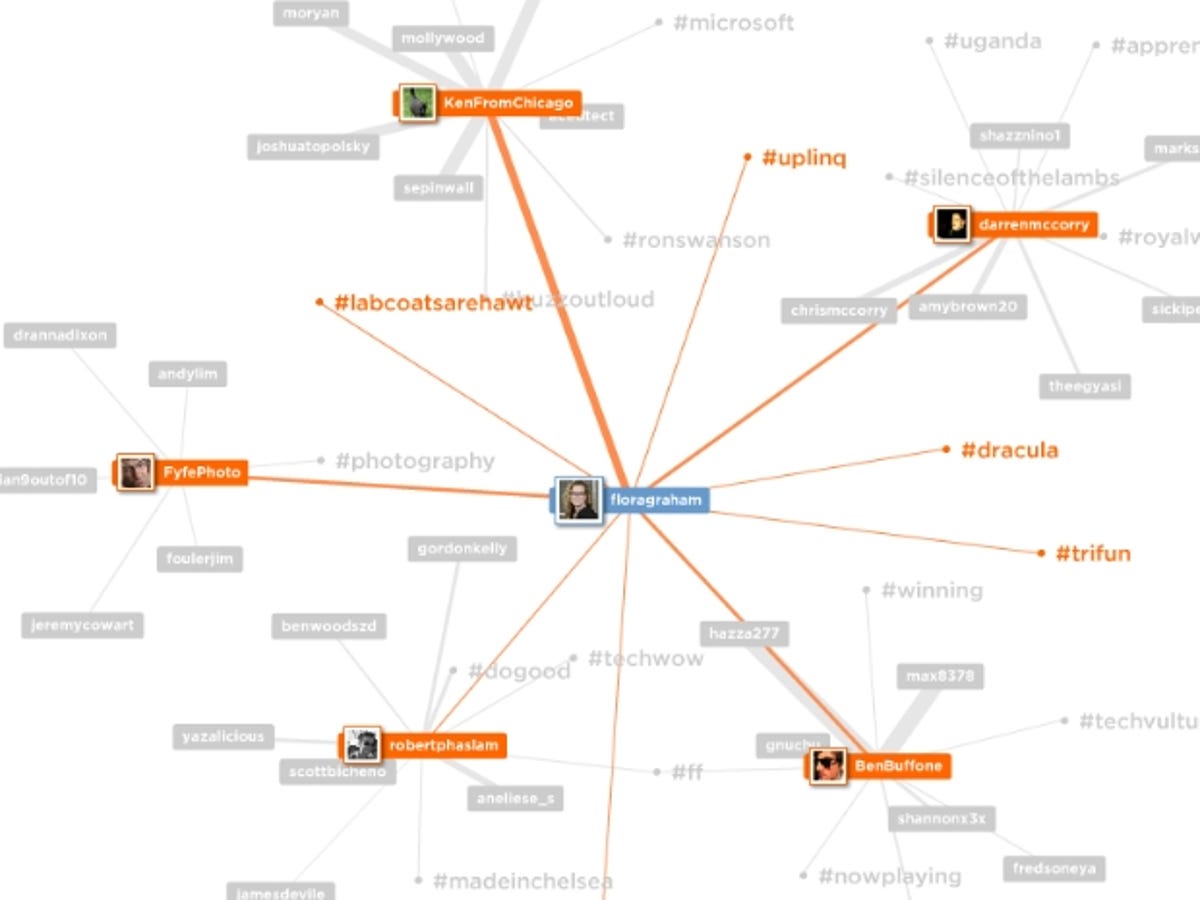
Lady Gaga and the Backstreet Boys will have to come up with some new excuses, because the battle for bars could be coming to an end thanks to the advent of co-operative mobile networks that turn every phone into a tiny cell tower.
Researchers at the University of British Columbia (UBC) have designed a network that uses your mobile to send and receive signals for the phones around you, as well as your own. You wouldn’t be able to listen in on your neighbours’ calls, but it would create a web of connected phones that relay signals when cell towers are out of reach.
“A network using these protocols would increase coverage in low-signal areas and be able to re-route around obstacles,” boffin-in-charge Diomidis Michalopoulos told the UBC’s Trek magazine.
That means fewer dropped calls when you’re cruising the concrete canyons of the big city or chatting indoors. Co-operative networks also use less power to get signals over short hops, rather than all the way to the nearest base station.
Companies such as Nokia Siemens Networks and Vodafone have been working on bringing co-operative networks to life. It could be years, however, before this type of network helps make our phone work in the basement, said Chenbo Luo of the University of Reading.
That’s because there’s a security risk to leap-frogging your data over other people’s phones. The strongest possible encryption would be required to ensure that your text messages to your mum remain confidential, Luo said.
A paper describing the research was presented at last week’s IEEE conference in Kyoto, which focuses on communications engineering and high-pitched screaming.
Image credit: Mentionmapp



